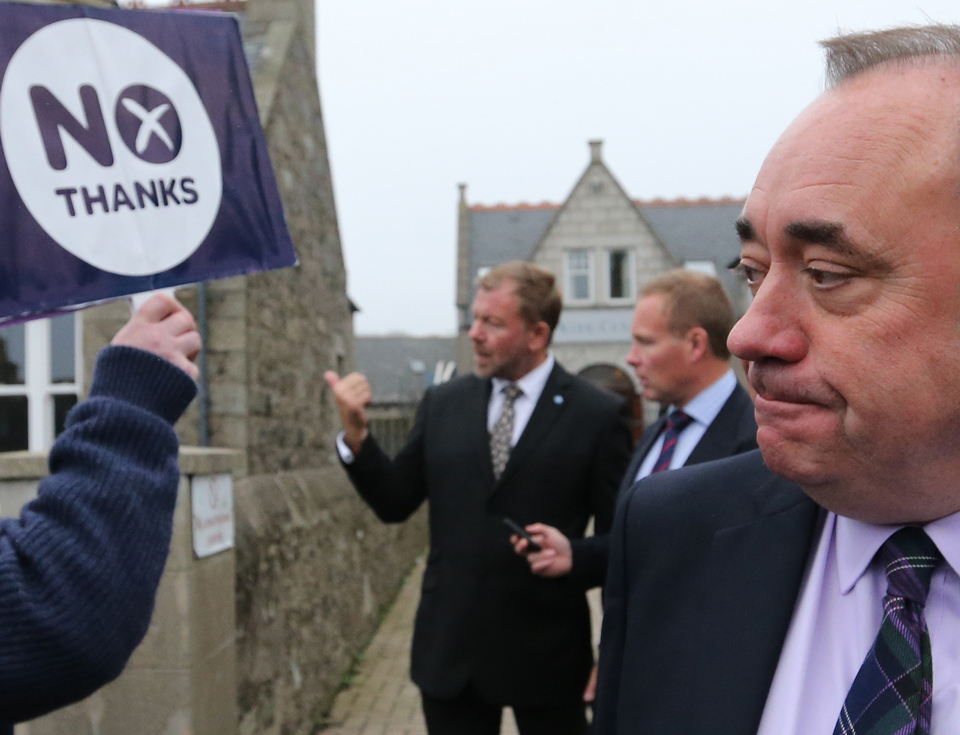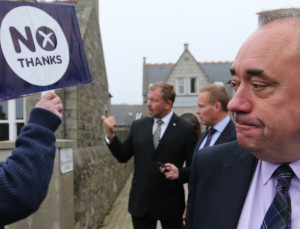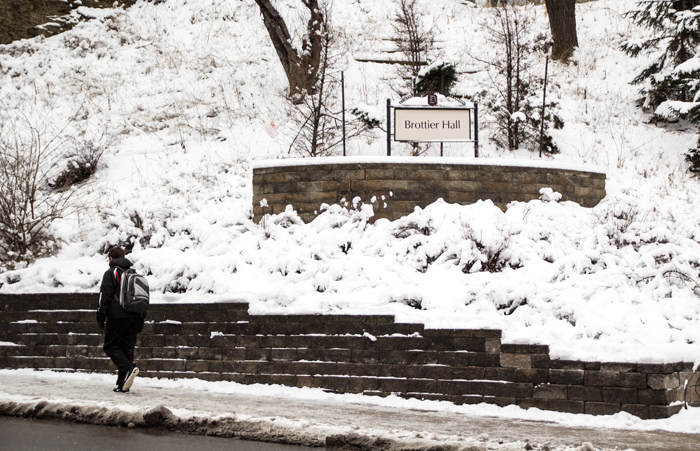

By Aaron Warnick | The Duquesne Duke
The world watched Thursday as the Scottish revolution funneled into polling places.
More than 1.5 million Scots voted to reject the union and become an independent nation, but were overruled by the 1.9 million who voted that Scotland and the United Kingdom were “Better Together.”
“No,” Scotland voted in its referendum on the question of independence from the United Kingdom. The final vote was tallied as 55 percent “No” to 45 percent “Yes” with a record-setting 86 percent voter-turnout.
Despite losing the campaign for an independent Scotland, First Minister of Scotland Alex Salmond said “this has been a triumph for the democratic process” in an address from Edinburgh accepting the results of the referendum.
The evening trended heavily toward the eventual vote for Scotland to remain within the United Kingdom. A 53 percent “Yes” victory in Glasgow, Scotland’s largest city, was anticipated to be much larger.
While those cheering “Yes” did not get the result they campaigned for, the repercussions of the referendum will be felt in the coming months.
“There’s no going back from this referendum. There’s no business-as-usual from this,” Deputy First Minister of Scotland Nicola Sturgeon said in an interview with BBC World News early Friday morning. “There is a very clear message coming from the result: there’s an appetite for change.”
In an address from Downing Street, Prime Minister David Cameron said there is now an “opportunity to change how the british people are governed and change it for the better”
Cameron indicated that a reevaluation of Scotland’s powers would necessarily result in a similar settlement for the self-governance of England, Wales and Northern Ireland.




